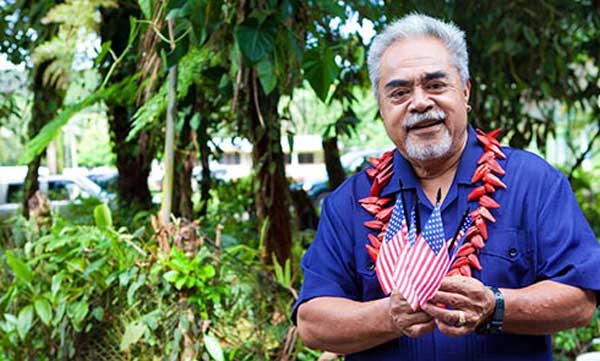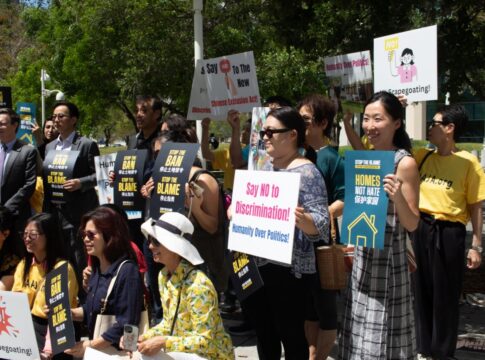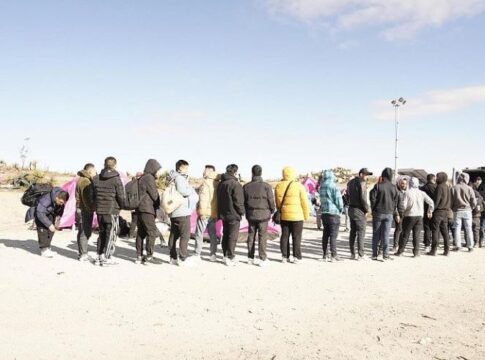
By Ed Diokno
Attorneys representing a group of American Samoans seeking U.S. citizenship Monday (Feb. 1) asked the U.S. Supreme Court to hear their case.
The case, which if successful would recognize a constitutional right to citizenship for those born in the U.S. Pacific territory, was rejected last summer by a federal district court and appellate panel.Tuaua v. United States is a federal lawsuit brought by Leneuoti Tuaua, the Samoan Federation of America, and others born in American Samoa who believe that so long as American Samoa is a part of the United States, people born in American Samoa have the birthright to U.S. citizenship under the Constitution.
“My passport says I am a U.S. national, but not a U.S. citizen. As someone born on U.S. soil who signed up for the draft during the Vietnam War, my family should not be treated as second-class Americans. I am hopeful that the Supreme Court will agree the Constitution does not allow Congress to create two separate classes of Americans,” said Leneuoti Tuaua, lead plaintiff in the case.
Three of the five Tuaua plaintiffs are veterans; American Samoa has among the highest rates of U.S. military service in the nation, with casualty rates in Iraq and Afghanistan more than seven times the national average.
LATEST STORIES
Former Solicitor General Theodore B. Olson, who has a winning record of arguing before the U.S. Supreme Court, also represents them.
Under the 14th Amendment to the U.S. Constitution, anybody born within the United States is automatically considered an American citizen. However, courts have interpreted that to mean only the 50 states.
RELATED: Why the courts ruled against U.S. citizenship for American Samoans
In other territories like Guam, birthright citizenship is extended through congressional legislation.
RELATED: Comedian John Oliver explains the racism vs. America Samoa
In subsequent cases, the courts have seen fit to grant citizenship to the other U.S. territories including Puerto Rico, Guam and the Northern Marianas but denied that same privilege to the American Samoans.
But it gets even more complicated. It appears that a lot of Samoan officials are reluctant to give up their status because it would also mean the loss of local statutes that give Samoans control of over 90% of the land.
The High Court will look over the case and if four of the nine jurists decide the case merits a hearing the entire court will hear oral arguments. If the court refuses a hearing, the ruling of the lower courts will stand.
Ed Diokno writes a blog :Views From The Edge: news and analysis from an Asian American perspective.)
(AsAmNews is an all-volunteer effort of dedicated staff and interns. You can show your support by liking our Facebook page at www.facebook.com/asamnews, following us on Twitter and sharing our stories.)








